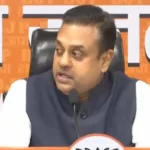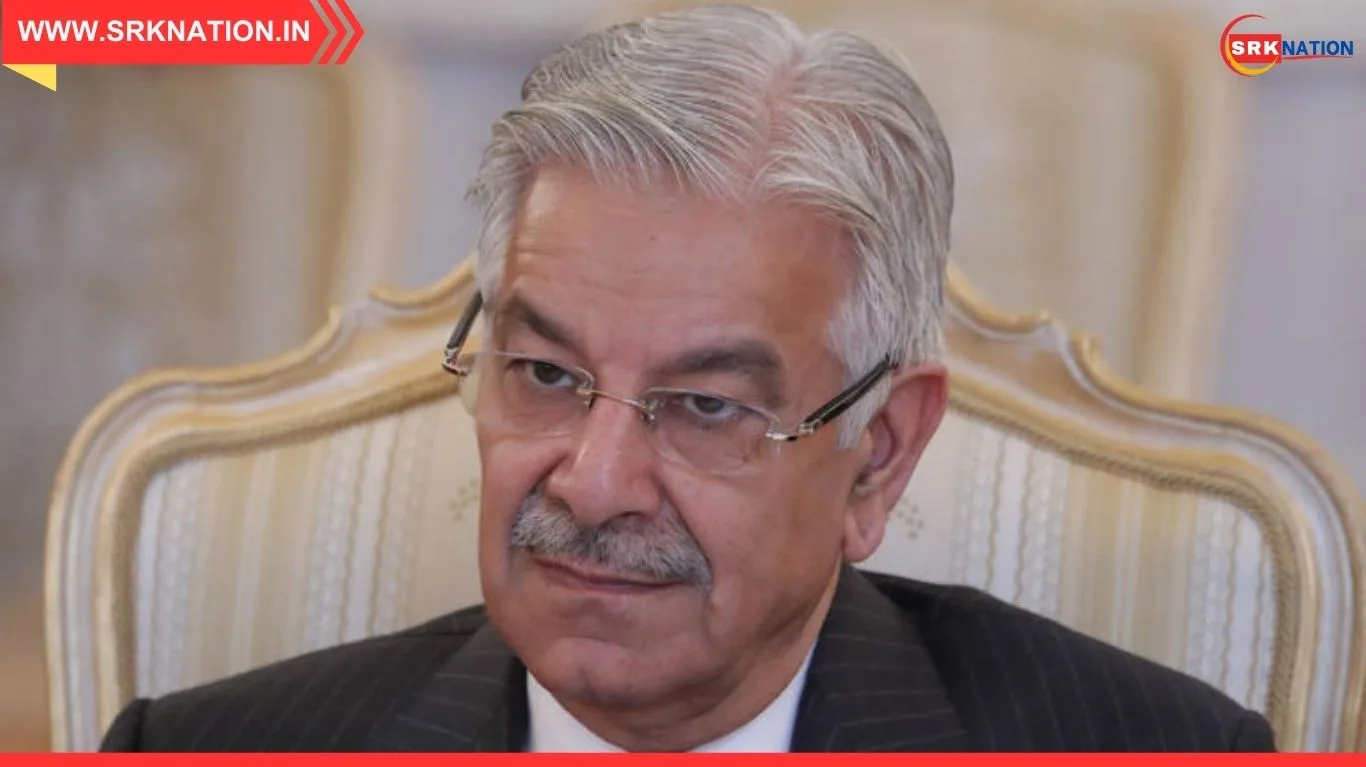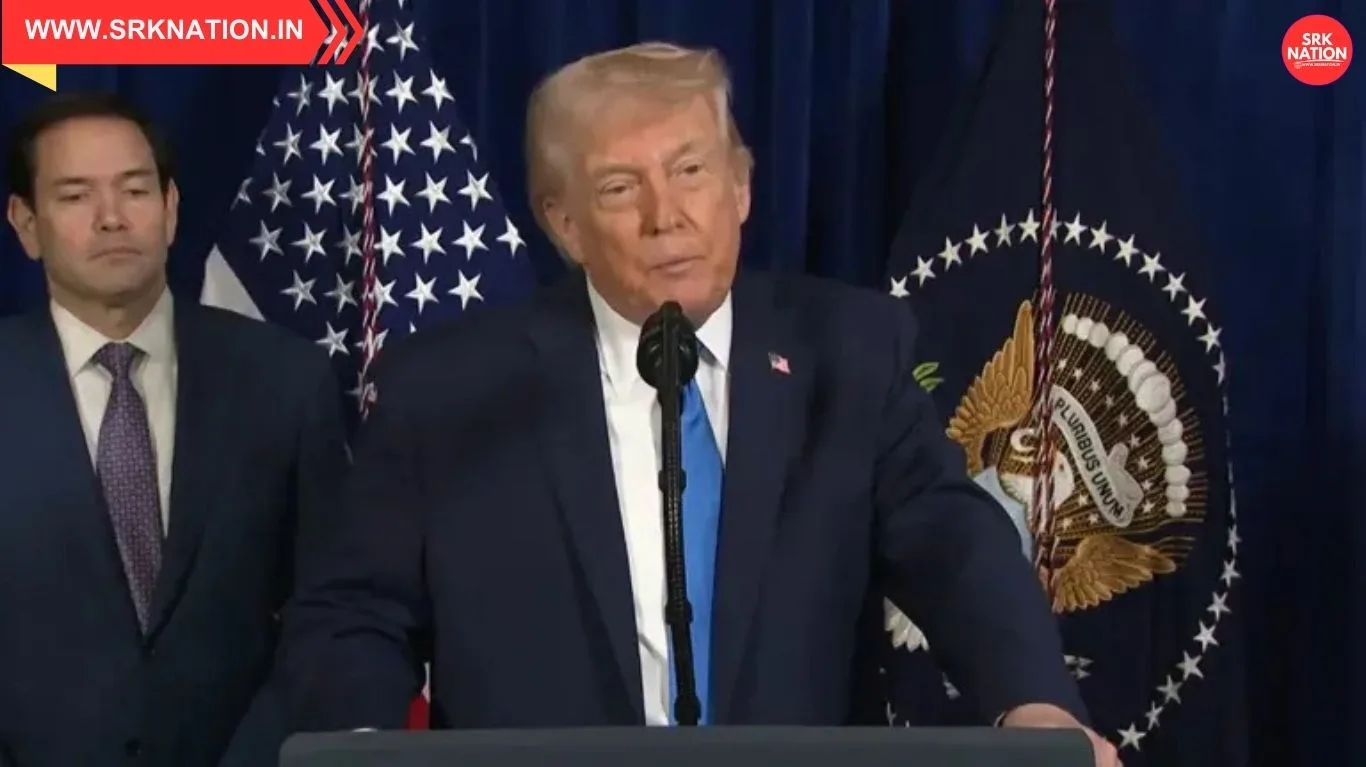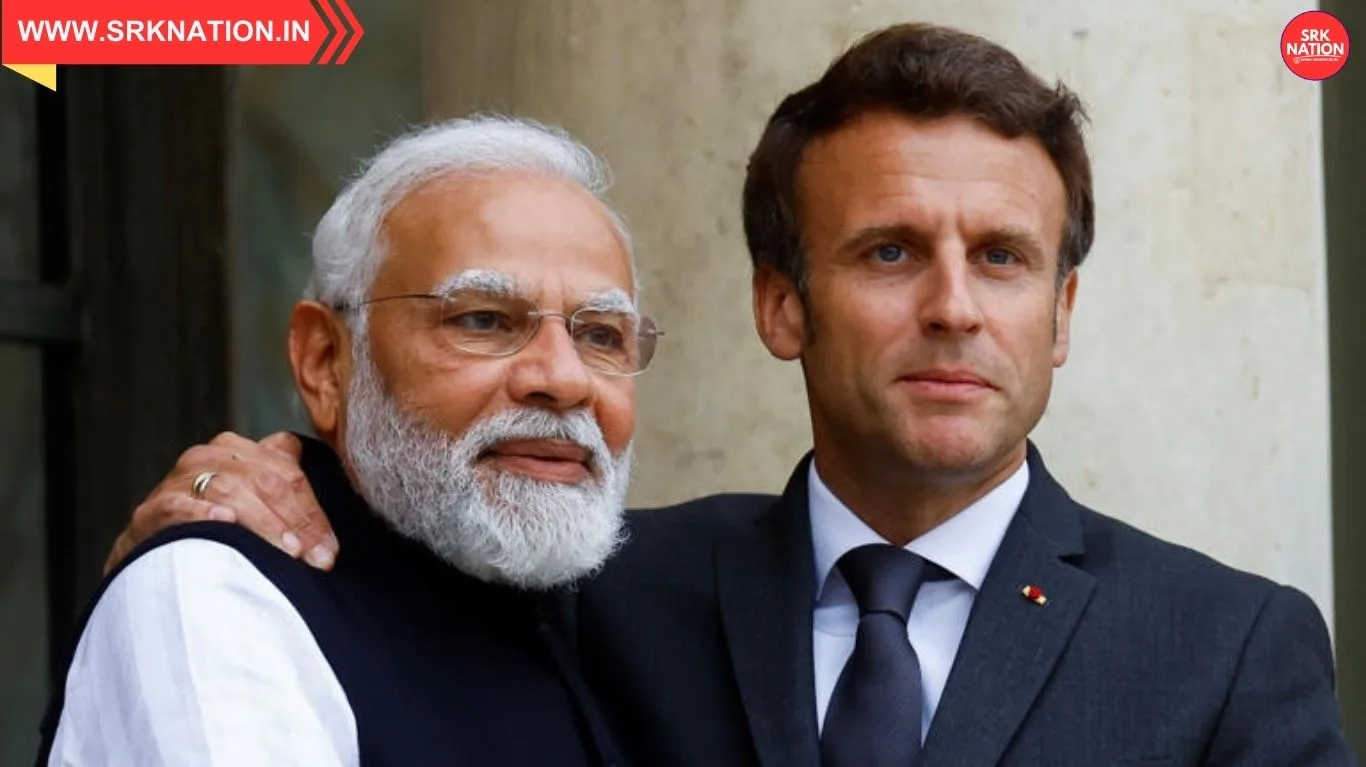In a dramatic escalation of rhetoric following a deadly suicide bombing in Islamabad, Pakistan’s Defence Minister Khawaja Asif declared the country to be in a “state of war,” warning that the nation possesses “full strength to respond” to threats. The statement came hours after a suicide attacker detonated explosives near the Islamabad District Judicial Complex on November 11, 2025, killing at least 12 people and injuring over 30 others.
The Attack: A Wake-Up Call for Pakistan
The suicide bombing occurred near Gate No. 3 of the judicial complex in Islamabad’s G-11 sector. Eyewitnesses described scenes of chaos, with shattered vehicles, bloodied victims, and emergency services rushing to the site. The Pakistani Taliban faction Jamaat-ul-Ahrar claimed responsibility for the attack, marking the first such bombing in the capital in nearly two years.
| Incident Details | Data |
|---|---|
| Date | November 11, 2025 |
| Location | Islamabad District Judicial Complex |
| Casualties | 12 dead, 30+ injured |
| Perpetrators | Jamaat-ul-Ahrar (TTP faction) |
| Type | Suicide car bombing |
Defence Minister’s Statement: “Pakistan Has Full Strength to Respond”
Khawaja Asif’s remarks were posted on X (formerly Twitter), where he described the attack as a “wake-up call” and warned that the war was no longer confined to border regions. “This is a war for all of Pakistan,” he wrote, adding that the Pakistan Army is making daily sacrifices to ensure national security.
He also criticized the Taliban-led government in Kabul, stating that peace talks were now “futile” and that the attack was a message from Afghanistan. “Praise be to God—Pakistan has the full strength to respond,” Asif declared.
Political and Diplomatic Fallout
Prime Minister Shehbaz Sharif echoed Asif’s sentiments, blaming “terrorists active with Indian support” and calling on Kabul to rein in groups operating from Afghan soil .The accusations have further strained Pakistan’s relations with both Afghanistan and India.
| Country | Reaction |
|---|---|
| Afghanistan | Denied harboring militants; urged restraint |
| India | Rejected allegations as baseless and politically motivated |
| China & US | Called for de-escalation and counterterrorism cooperation |
| UN | Expressed concern over regional security deterioration |
Security Measures and National Response
Following the attack, Pakistan has ramped up security across major cities, including Lahore, Karachi, and Peshawar. Intelligence agencies have launched nationwide raids targeting suspected militant hideouts.
| City | Security Level | Measures Taken |
|---|---|---|
| Islamabad | Maximum | Judicial zones sealed, drone surveillance |
| Lahore | High | Metro stations and courts under watch |
| Karachi | Moderate | Port and airport security tightened |
| Peshawar | High | Border patrols and checkpoints increased |
Historical Context: Major Attacks in Islamabad
| Year | Attack | Casualties | Claimed By |
|---|---|---|---|
| 2008 | Marriott Hotel bombing | 54 dead | Al-Qaeda |
| 2014 | District Court shooting | 11 dead | TTP |
| 2025 | District Court suicide bombing | 12 dead | Jamaat-ul-Ahrar |
Implications for Pakistan’s Internal Security
The Islamabad blast has reignited debates around Pakistan’s counterterrorism strategy and its reliance on negotiations with militant groups. Analysts warn that the resurgence of urban terrorism could destabilize governance and erode public confidence.
Key concerns include:
- Failure of intelligence coordination
- Inadequate urban security protocols
- Political polarization over terror response
- Rising cross-border tensions
Conclusion
Pakistan’s declaration of a “state of war” following the Islamabad suicide blast marks a turning point in its internal security narrative. With Defence Minister Khawaja Asif vowing retaliation and Prime Minister Shehbaz Sharif pointing fingers at external actors, the country stands at a critical juncture. As investigations unfold and diplomatic tensions rise, the region braces for potential fallout in both security and political arenas.
Disclaimer: This article is based on publicly available news reports and official statements. The publisher does not endorse any political claims and advises readers to follow verified government sources for updates.











